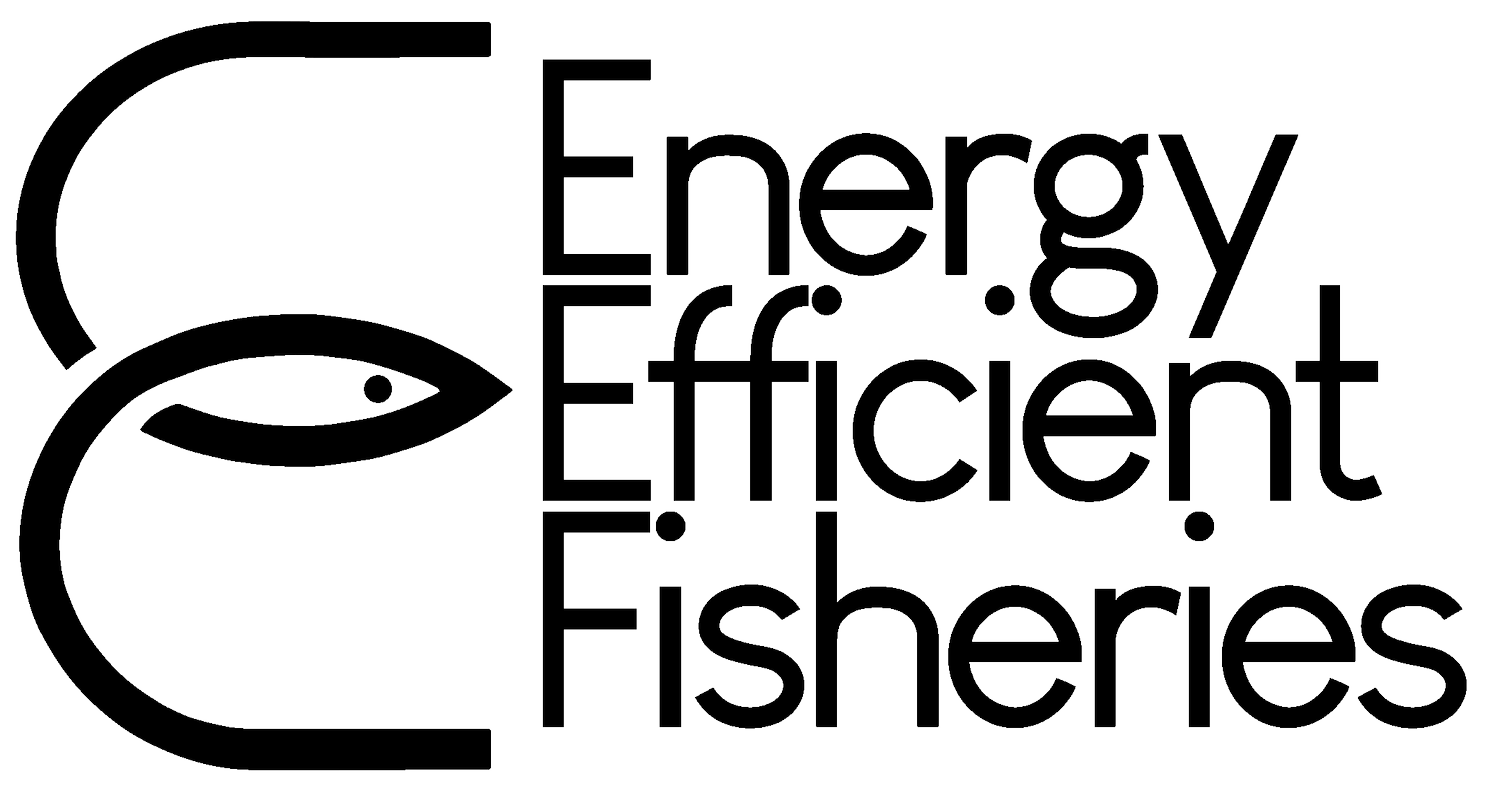
About Energy Efficient Fisheries
Massachusetts fishermen have launched a new initiative: Energy Efficient Fisheries. EEF is led by the commercial fishing and seafood industries and funded entirely by a Congressionally Directed Spending grant made possible by Senator Ed Markey and Senator Elizabeth Warren. With a mission to support industry-led solutions for fuel efficiency and emissions reductions, EEF is helping the owners and operators of fishing vessels and shore-based businesses save money, adopt efficient technology, and continue leading ocean conservation.
Fishermen and their organizations have fought against ocean dumping, destructive offshore energy development, and the degradation of marine habitat for generations. Unfortunately, this legacy is often overlooked or dismissed. By developing voluntary decarbonization and fuel efficiency efforts, the fishing and seafood industries will continue to lead uncompromising ocean conservation and chart their own path to a clean energy future.
FAQs
What will EEF do, and what will the results be?
EEF projects will include a fishing and seafood industry baseline and energy needs assessment, fishing vessel energy use assessments, opportunities for fishermen and marine service providers to pursue collaborative learning in Massachusetts and beyond, and consultancy services for business owners seeking to access low-cost capital and grant funding for fuel efficiency investments. Our work is designed to be participatory and scalable, all in service to the industry.
Who is involved in EEF?
EEF is a Massachusetts project hosted by the Gloucester Fishermen’s Wives Development Program in partnership with the Fishery Friendly Climate Action Campaign and led by a diverse fishing industry advisory committee with members from across Massachusetts representing businesses large and small representing all our major fisheries and gear types. EEF initiatives are supported and implemented by a project team with deep experience working on fisheries issues, grassroots organizing, ocean policy, and electronic technologies. EEF focuses on Massachusetts ports and vessels, but we aim to inspire future efforts across the region and beyond.
What are the goals of EEF?
Lowering climate change-driving carbon emissions, reducing fuel consumption, and saving fishing and seafood businesses money! Energy efficiency, which means taking measures to reduce the overall amount of energy required to run a business, is one of the easiest ways to reduce fixed costs in a fishing or seafood business. Shore-based businesses can also save by investing in renewable energy and electric vehicles, and there are many state and federal tax incentives available to support these actions. Low-carbon propulsion systems and other alternative systems may become more economically viable on board fishing vessels in the near future, and the EEF project is at the forefront of on-the-water innovation. Lowering your fuel or electricity bill while reducing greenhouse gas-driving emissions is a win-win for your bottom line, the resources we depend on, and our communities.
Will a focus on efficiency and clean energy lead to unwanted mandates?
EEF was developed to make sure that safe and cost-effective options, not burdensome regulations, are the future of energy innovation for Massachusetts fishing and seafood businesses. Vessel owners know that uninformed, untested mandates at sea are never ideal. From safety to cost effectiveness, next-generation technologies must prove themselves in some of the harshest environments on the planet. With fishermen and seafood businesses leading the assessment and adoption of innovative energy technologies, the industry can avoid mandates and adopt technologies that work for their unique application at the right pace.
Why is EEF doing this work now?
Food producing industries like ours have a once-in-a-generation opportunity to access state and national programs that support the adoption of emission reduction technologies right now, but the open window won’t last forever. The US fishing industry, particularly smaller businesses, must plan, advocate, and organize in order to compete for these important and valuable programs. EEF is a great way to lay out a workable plan and bring funds home to our ports.
“Cape Cod Bay is warming at an alarming rate, and so the pace of our investment in innovative technologies and in our historic fishing industry have to keep up. I am proud to have secured $2 million in funding to support fishermen and seafood processors throughout the Commonwealth as they work to embrace energy-efficient technologies that will cut costs, protect jobs, and lower emissions. I thank the Gloucester Fishermen’s Wives Development Program, the Massachusetts Fishermen’s Partnership, and all those involved in Energy Efficient Fisheries for their work to bring this landmark program to the Massachusetts coast.”
-Senator Ed Markey

